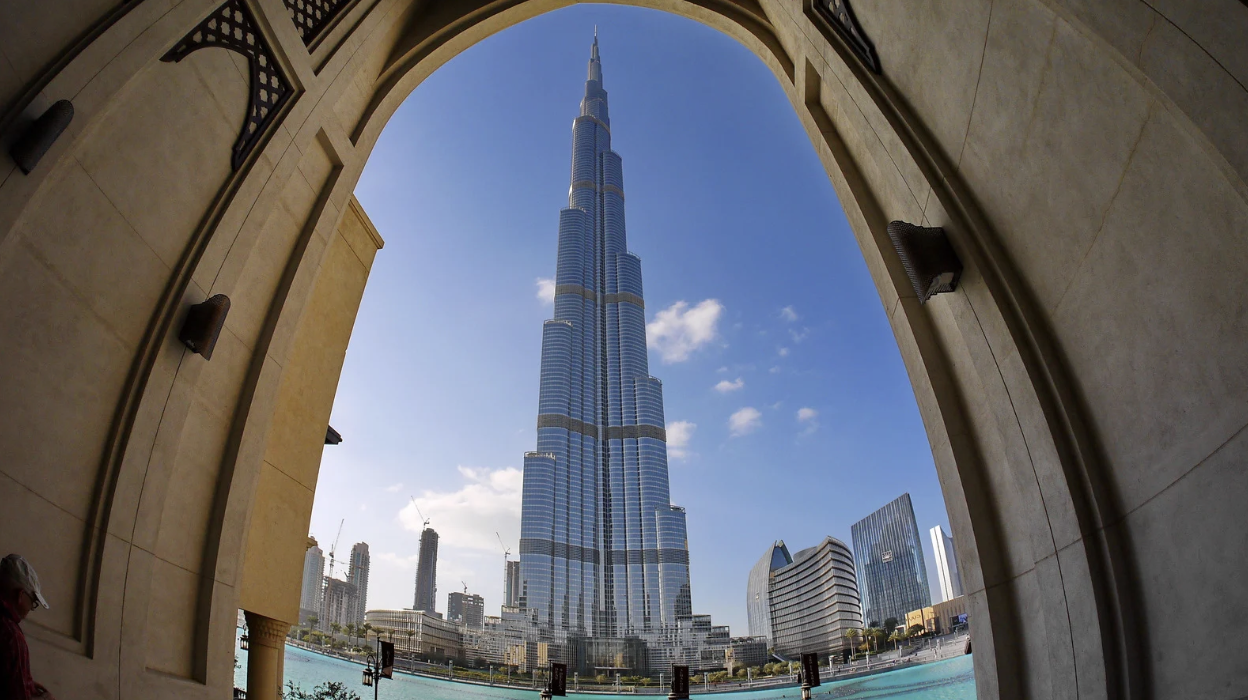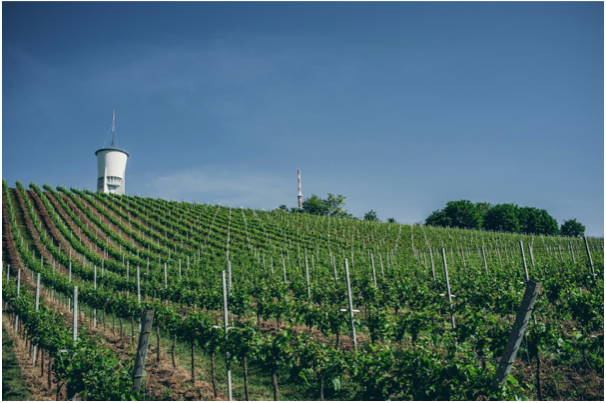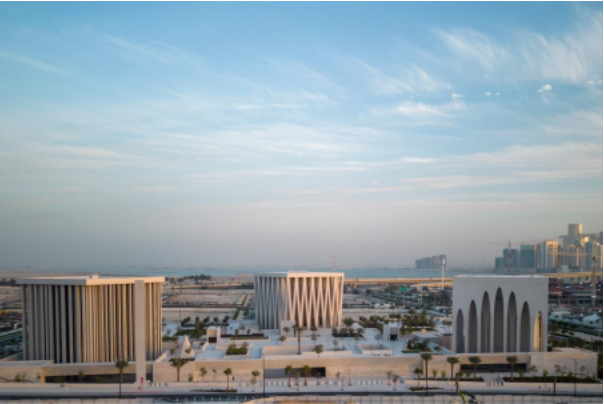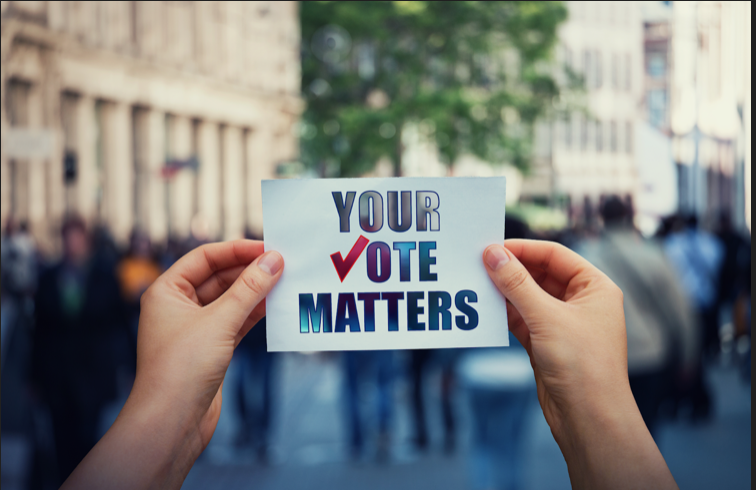
Democracy for a new world
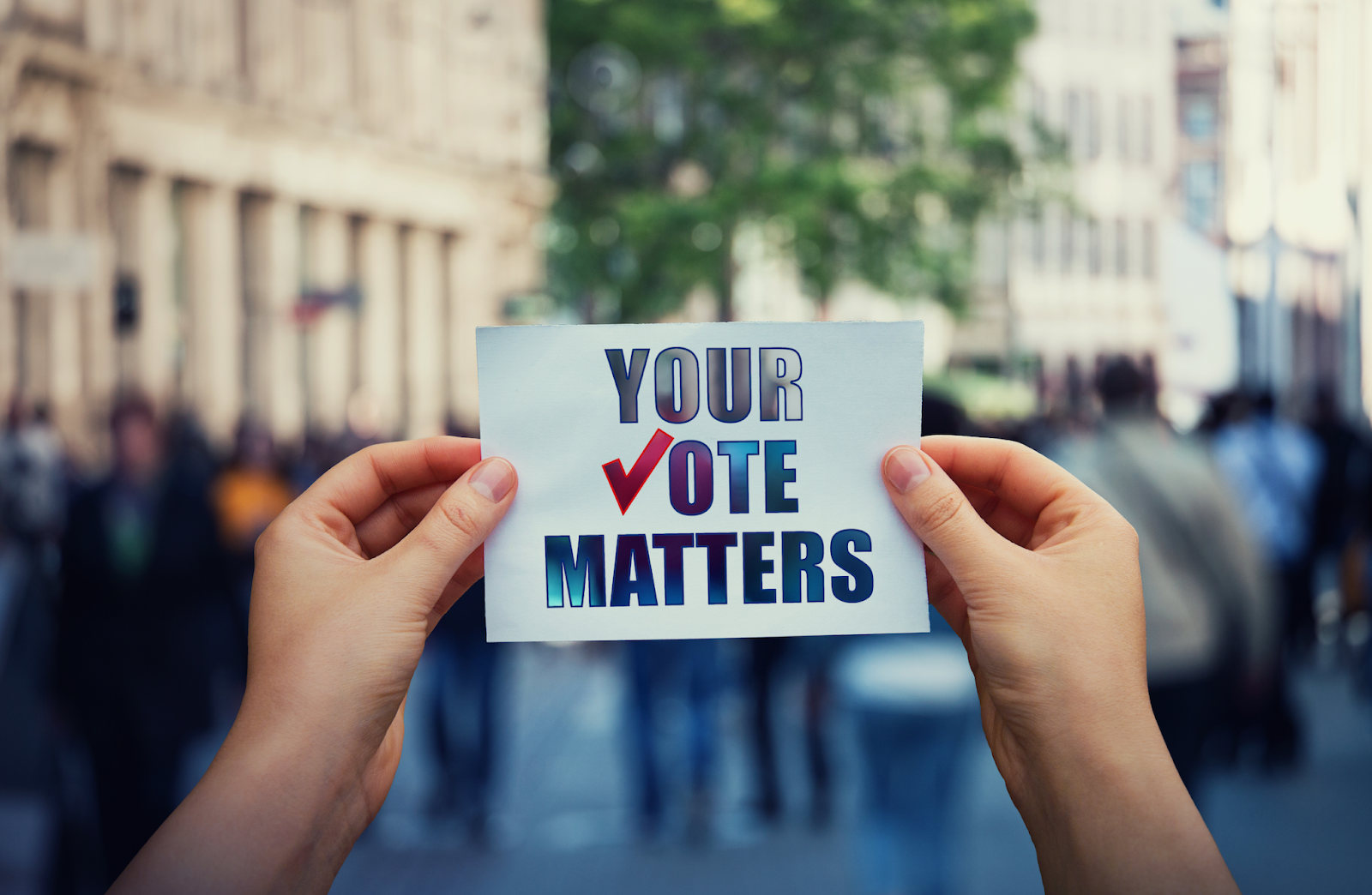
A new air is emerging in Turkey
Turkey is a country of over 85 million inhabitants at the junction of Europe and the Middle East, offering it a highly advantageous geo-strategic position. In this country ruled with an iron fist by Erdoğan, the 2024 municipal elections marked a major turning point in the political dynamic, revealing an opposition capable of achieving major victories in historically loyal strongholds to the ruling party. The Republican People's Party (CHP), the main opposition party, won victories notably in Istanbul (Erdoğan's stronghold) and Ankara, the country's two largest cities.
This election is a major setback for President Recep Tayyip Erdoğan, in power for 10 years, and his party, the AKP (Islamo-conservative), which has dominated Turkish politics since 2002. The implications of these municipal results are profound, as in the next presidential elections, Ekrem Imamoglu, the mayor of Istanbul and Erdoğan's main opponent, could emerge as a serious contender. What's more, this regime change could profoundly alter Turkey's international relations, notably with the European Union and the United States, and the management of regional crises such as those in Syria, Armenia or Iraq.
In Iran, a breath of democracy on the embers of revolt
2400 km from Istanbul, in Teheran, the 2024 parliamentary elections took place against a very tense social scene. Indeed, the election saw an unsurprising victory for the conservatives. Nevertheless, the Iranian people largely boycotted the elections to demonstrate their deep anger at the current theocratic regime. The double election to elect 290 deputies and 88 members of the Assembly of Experts mobilized just 41% of voters. This was the lowest participation rate since the 1979 revolution!
Conservatives, supporting the government of President Ebrahim Raissi, remain heavily represented in Parliament. This domination is a sign that, despite internal crises, notably the protest movements triggered by the tragic death of Mahsa Amini in 2022, the regime continues to maintain an iron grip on Iranian politics and fiercely repress protest movements. This election could also have important implications for Iran's political future, particularly with regard to the Assembly of Experts, which is responsible for appointing the Supreme Leader and preparing Ayatollah Ali Khamenei's succession at the age of 84.
However, although the conservatives maintain control, the low participation and high number of blank votes are a direct expression of a questioning of the legitimacy of parliament and, by extension, of the regime itself! In Iran, under this regime, what counts is not so much the results of the votes as what they represent: a growing gap between the population and the rulers. So, at a time when the region is more unstable than ever, and Iran is multiplying its provocations and attacks, the Iranian people are undoubtedly one of the main ways out of the current regional crisis..
The United States has its destiny in its own hands
The American presidential elections in November 2024 are crucial for the future of democracy in the United States and for international stability, particularly in the Middle East. For several years now, the United States has been trying to increase its influence in the Middle East through military and trade agreements, while maintaining a historically close relationship with Israel. The forthcoming presidential elections will determine the impact that the policies of the world's leading economic and military power will have on this region.
In general, Biden favors multilateralism and international cooperation, and would like the United States to return to a more traditional approach to foreign policy by reducing direct military involvement in the region, such as the withdrawal from Afghanistan. Trump, on the other hand, has a different vision. His "America First" policy has encouraged a withdrawal from international agreements and global organizations, such as the Vienna Accords. In addition, he has fostered strong relations with Israel, recognizing Jerusalem as its capital and promoting the Abraham Accords between Israel and several Arab countries, while adopting a tough stance against Iran.
2024 is and will be an unprecedented election year, marking a significant period of transition for global democracy. These elections, covering diverse geopolitical contexts from Turkey to Iran, and all the way to the United States, are not only a measure of the state of democracy in these countries, but also pivotal moments for international relations and stability in the Middle East.
Sources :
https://fr.statista.com/infographie/31636/carte-des-pays-avec-des-elections-nationales-en-2024/
https://www.lesechos.fr/monde/enjeux-internationaux/2024-lannee-de-tous-les-scrutins-2044449

